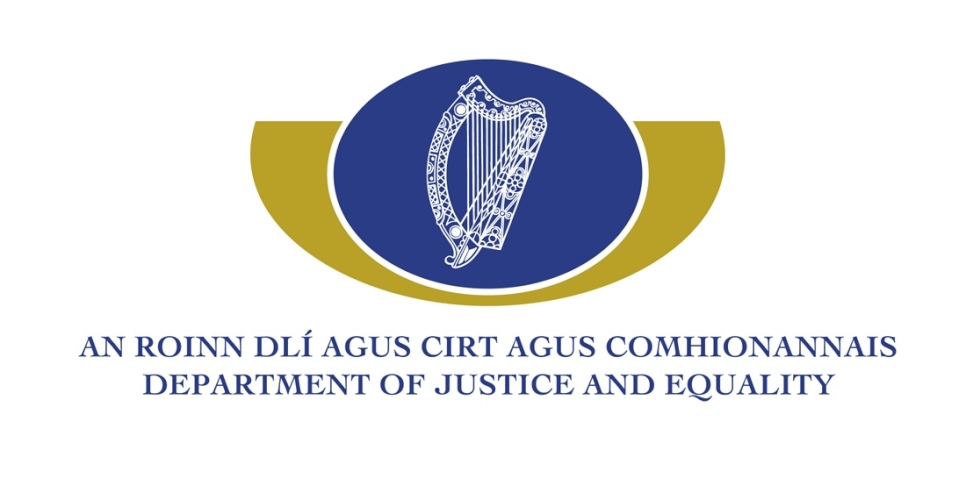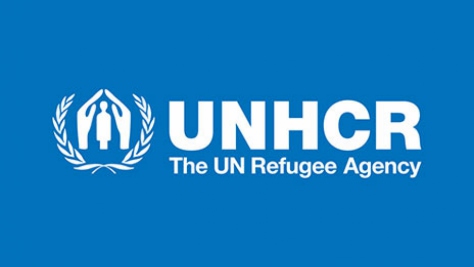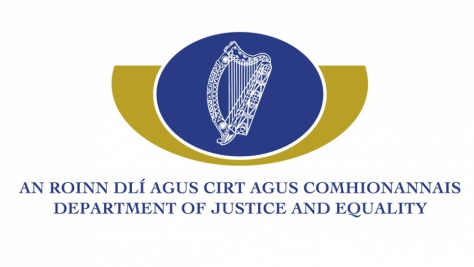The Asylum Process in Ireland
How do I claim refugee status in Ireland?
Although in some countries UNHCR recognises and registers refugees, in Ireland it is not UNHCR’s role to determine who is and who is not granted asylum. This is the responsibility of the Irish State and the Department of Justice, who receive and decide applications for asylum in the country under the terms of the 1951 UN Convention relating to the Status of Refugees and its 1967 protocol.
Accordingly, applications for refugee status should be submitted directly to the International Protection Office (IPO). This is only possible for a person who is already in Ireland.
For more information on how to claim asylum in Ireland, please click here
Key Contacts
The International Protection Office (IPO)
The International Protection Office (IPO) is responsible for the investigation of applications for international protection. To claim asylum you must be in Ireland and submit an application to the IPO.
To find out more please go here:
http://www.inis.gov.ie/en/INIS/Pages/apply-for-asylum
IPAT: International Protection Appeals Tribunal
The International Protection Appeals Tribunal decides appeals of those persons whose application for International Protection status has not been recommended by the International Protection Office.
Irish Naturalisation and Immigration Service (INIS)
The Irish Naturalisation and Immigration Service is an office within the Department of Justice and Equality responsible for the administrative functions of the Department in terms of asylum, as well as immigration, visas and citizenship.
For more information on INIS please visit www.inis.gov.ie
Reception and Integration Agency (RIA)
The Reception and Integration Agency is responsible for the accomodation of asylum seekers while their applications are being processed. RIA also coordinates additional services such as health care, education and welfare for asylum seekers.
For more information on RIA please visit www.ria.gov.ie
The Legal Aid Board
The Legal Aid Board provides a low-cost, independent and confidential legal service to asylum seekers at all stages of the asylum process. It can provide advice to applicants before submission of their questionnaire to the IPO or prior to attendance at interview and can also make written submissions to the IPO in support of an application. In addition, the Legal Aid Board can provide representation before IPAT and in some cases it can assist with judicial review proceedings and with immigration and deportation matters.
For more information on please visit
www.legalaidboard.ie/lab/publishing.nsf/Content/Refugee_Legal_Service
Garda National Immigration Bureau (GNIB)
The Garda National Immigration Bureau is responsible for all Garda operations that involve immigration matters in the State, including the enforcement of deportation orders issued by the Minister for Justice and Equality.
GNIB is also responsible for the registration of all non-nationals (people who are not citizens of the EU, the European Economic Area or Switzerland). All non-nationals must register with GNIB and receive a card, which a person must keep with him/her at all times.
For more information on GNIB and GNIB cards please visit
www.garda.ie/controller.aspx?page=31
Permission to Remain
Permission to remain is a status which may be granted at the discretion of the Minister for Justice and Equality to persons who are not deemed eligible for refugee status or subsidiary protection but who are permitted to remain lawfully in Ireland on humanitarian grounds or for some other compelling reason.
Deportation
If a person is deemed not to have any legal entitlement to stay in Ireland, the Minister for Justice and Equality may make a Deportation Order in respect of such a person. A person will no longer have a legal entitlement to stay in Ireland if he/she has been denied refugee status and/or failed in his/her application for Subsidiary Protection and Permission to Remain.
Once a Deportation Order has been signed and the person in question notified (or served notice), it falls to the Garda National Immigration Bureau (GNIB) to enforce the Order. In the time between receiving the Order and it being carried out, the person will be asked to present themselves at their local Garda Station at regular intervals.
In some instances, it is not permissible to return failed asylum seekers to certain countries. If this occurs, a Deportation Order will but not carried out.
Unaccompanied Minors/ Separated Children
Children under the age of 18 who arrive in Ireland or who present themselves at the IPO and who are not in the custody of an adult will be placed in the care of the Child and Family Agency. The Child and Family Agency is responsible for the general care and well being of the minor and will provide assistance to that minor. The Child and Family Agency may then decide that an application for a declaration as a refugee should be made on behalf of the minor. Specific arrangements will be made by the Child and Family Agency in conjunction with the IPO for the processing of such an application.
The Dublin III Regulation
The Dublin III Regulation is a piece of legislation of the European Union. Its aim is to establish which country in the EU is responsible for processing a claim of asylum where the asylum seeker has travelled through more than one EU Member State. The country that is generally responsible for processing the claim is the first EU country in which the asylum seeker arrives.
A system called Eurodac takes fingerprint records of asylum seekers as they arrive in the EU. If an asylum seeker’s fingerprint appears to have been recorded somewhere in the EU on an earlier occasion, then the asylum seeker is liable to be returned to that country.
As an example, if an asylum seeker enters the EU through France and has his/her fingerprint taken and then travels to Ireland, he/she will be liable to be returned to France to have their asylum claim processed there.



